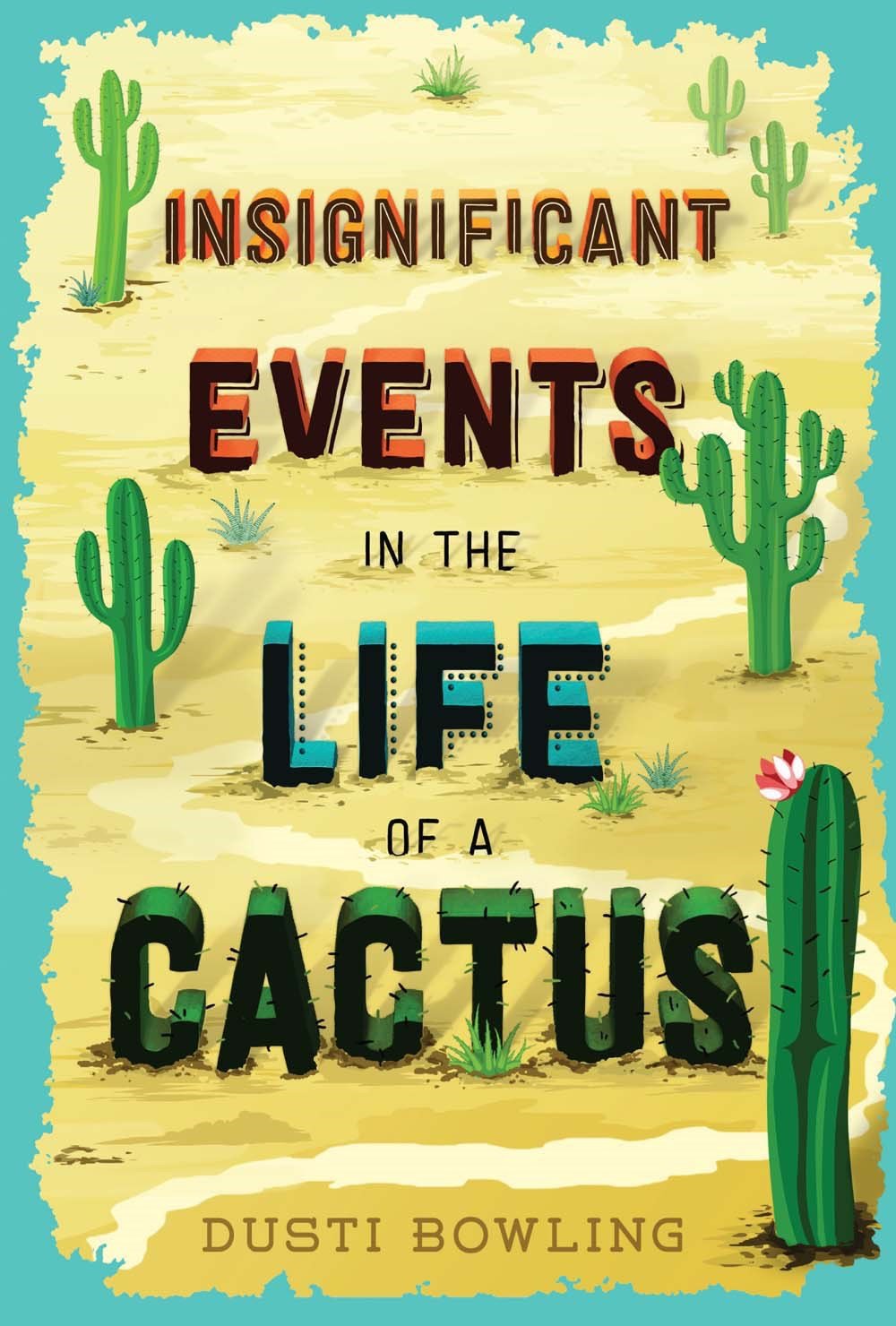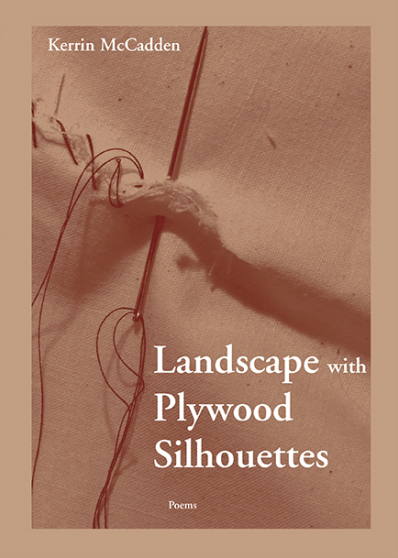Years ago, we had a customer who cut off Josie in the middle of recommending Like Water for Elephants. She said with finality, “I don’t like circus books set during the Depression,” as if that were an overpopulated literary genre. We all laughed about it, but it did make me think about how there can be some fairly focused ways to describe the kinds of books we like—and don’t. It also struck me that what we gravitate toward says so much about our personal preoccupations.
I feel very lucky that the Flying Pig has a fabulously well-read staff. Granted, avid reading is pretty much the prerequisite for being a good indie bookseller, but in addition to the main genres we gravitate toward, recently we’ve started identifying our quirkier sub-specialties.
Recently, our 11th-grade high school staffer, Greta, said, “Where are all the customers asking for recommendations for books about middle-aged women who keep secrets? I mean, I’m on it!” (She’s recently read five Liane Moriarty novels, Diane Setterfield’s The Thirteenth Tale, Joshilyn Jackson’s Never Have I Ever, and Rosie Walsh’s Ghosted. Note: Greta’s definition of ‘middle-aged’ dips down into the early thirties, which makes me cackle, agedly.)
 .
. 

Want some darkly funny and kind of disturbing fiction by people who used to write poetry? Chat with Emily, who has been reading Jen Beagin’s Vacuum in the Dark, Michael Crummey’s Sweetland, and Ocean Vuong’s On Earth We’re Briefly Gorgeous (the last of which doesn’t qualify in the funny department, but hits all the other criteria). Emily would like it to be known that she also has an offsetting penchant for hopeful, large-hearted middle-grade fiction, like Dusti Bowling’s Insignificant Events in the Life of a Cactus, Abby Hanlon’s Dory Fantasmagory, and Ashley Herring Blake’s Ivy Aberdeen’s Letter to the World.




Need anything haunty and gothic, narrated by or involving a ghost? Or beautifully opaque, open-ended poetry? That would be Laura.







Heather is a staunch social justice warrior, reading pretty much every non-mainstream fiction and nonfiction book available on race, gender, feminism, and (though she wouldn’t call it this) intersectionality. When I asked her to define her special reading quirks, she said, “Who’s asking? A white dude?” While she’s one of the funniest people I know, she’s also, in her words, “not scared of sad things. In fact, I miss them when they’re gone.” A few of her recent reads:




Time is whirling by and my deadline draws nigh, so several other staff members’ quirky favorites will stay hidden for now. As for my sub-specialties? They go in waves. If you’re looking for books about the Iditarod and the Yukon Quest, or mountain climbing memoirs, all written up through about 2010, I’ve probably read them. If you want a dark, harsh, funny, outsider memoir written before 2012, I may be your gal. If you’re seeking nonfiction (history and/or exploration) that reads like a heist novel or an adventure thriller, try me. However, I cherry-pick the bestsellers, even the tempting ones, because they don’t need my help to find readers. (I did break down and read Ocean Vuong’s On Earth We Are Briefly Gorgeous, because it was just too beautiful to miss.) And while the next is a rich river, not a quirky sub-specialty, if you like to fill your shelves with brilliant #ownvoices children’s, MG, and YA books, well, let’s sit down with a cup of tea and settle in to compare our very favorites.
What reading rabbit holes have you gone down? What is YOUR quirky reading sub-specialty?

I’d say one of my subcategories is “heartbreaking crisis set against the backdrop of Judaeo-Christian faith communities–particularly if the crisis is very tragic and the faith is painfully sincere.”
Examples: The Sparrow by Mary Doria Russell, The Power and the Glory by Graham Greene, An Ordinary Grace by William Kent Krueger, The Wonder by Emma Donoghue, A Thread of Grace (also) by Mary Doria Russell, Silence by Shūsaku Endō, New Covenant Bound by Tony Crunk, etc.